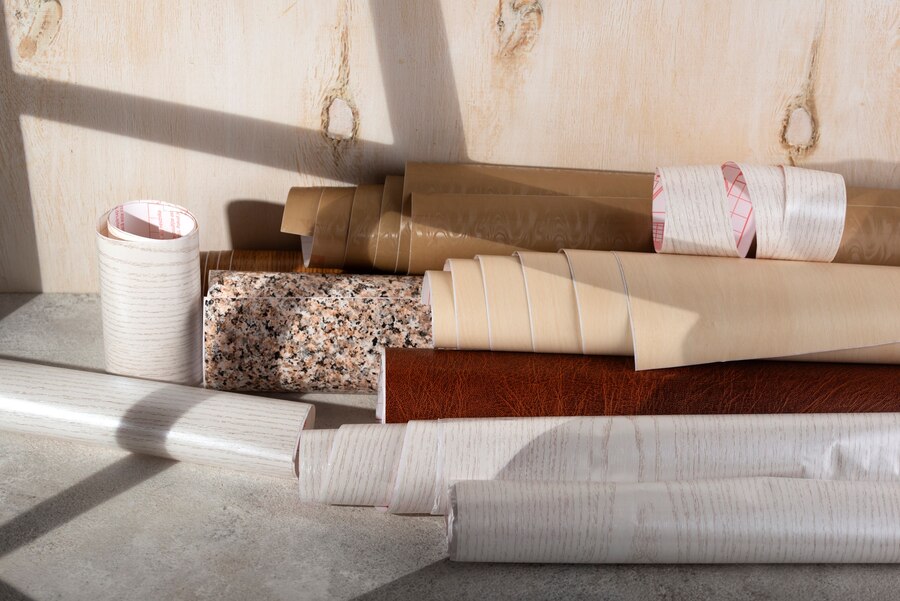
Harnessing Local Materials for Sustainable Construction in Nigeria
In the heart of Nigeria's bustling construction industry, a quiet revolution is taking place — the resurgence of using local materials in building projects. This approach is not only economically beneficial but also promotes sustainability, reduces carbon footprints, and supports local economies. Here’s how Nigeria is leading the way in this sustainable construction renaissance.
The Case for Local Materials
The Nigerian construction sector has traditionally leaned on imported materials due to quality perceptions and availability. However, the shift towards local materials is driven by several compelling factors:
- Economic Empowerment: Using local resources like clay, laterite, and timber reduces dependency on imports, keeps money within the local economy, and creates jobs in resource extraction, processing, and manufacturing.
- Environmental Sustainability: Local materials often require less energy to process and transport, leading to a decrease in greenhouse gas emissions. Mud bricks or compressed earth blocks, for example, have much lower embodied energy compared to conventional concrete or brick.
- Cultural Preservation: Incorporating traditional building materials can preserve and celebrate local architectural heritage, blending modernity with cultural identity.
Innovative Use of Local Resources
- Laterite: This naturally occurring soil is abundant in Nigeria. Recent innovations have seen laterite used in road construction and as a base for floors or foundations, offering durability and sustainability.
- Bamboo: Nigeria's bamboo is among the strongest in the world due to its climate. It's now being used for scaffolding, structural elements in buildings, and even in prefabricated housing units, showcasing its versatility and sustainability.
- Earth Blocks: Compressed Stabilized Earth Blocks (CSEB) are gaining traction. They are cost-effective, environmentally friendly, and provide excellent thermal performance, which is particularly beneficial in Nigeria's varied climate.
Government and Educational Initiatives
The Nigerian government, through agencies like the Ministry of Environment and the Ministry of Works and Housing, is promoting the use of local materials:
- Policy Support: There's an increasing focus on policies that incentivize the use of local materials through tax breaks, subsidies, or grants for projects that demonstrate sustainable practices. Education and Training: Universities and technical colleges are revising curricula to include sustainable construction practices, focusing on local materials. Workshops and seminars are also held to train builders, architects, and engineers on the effective use of these materials.
Challenges and Solutions
Despite the advantages, challenges such as quality control, standardization, and consumer perception persist:
- Quality Assurance: Establishing standards for local materials to ensure they meet construction needs without compromising structural integrity is crucial. The Nigerian Building and Road Research Institute (NBRRI) is pivotal in setting these standards. Changing Perceptions: Education and demonstration projects that showcase the durability and aesthetic of buildings made with local materials can shift public and professional opinion. Research and Development: Ongoing research into enhancing the properties of local materials or finding new uses can accelerate their acceptance.
Looking Forward
The narrative of Nigeria's construction industry is shifting towards a model where sustainability, economic benefits, and cultural identity are intertwined. By continuing to invest in local resources, Nigeria not only builds for today but also lays the foundation for a resilient, environmentally conscious future. This movement towards local materials is not just a trend but a strategic pivot that could redefine architectural practices in Nigeria, making it a global example of sustainable construction.
